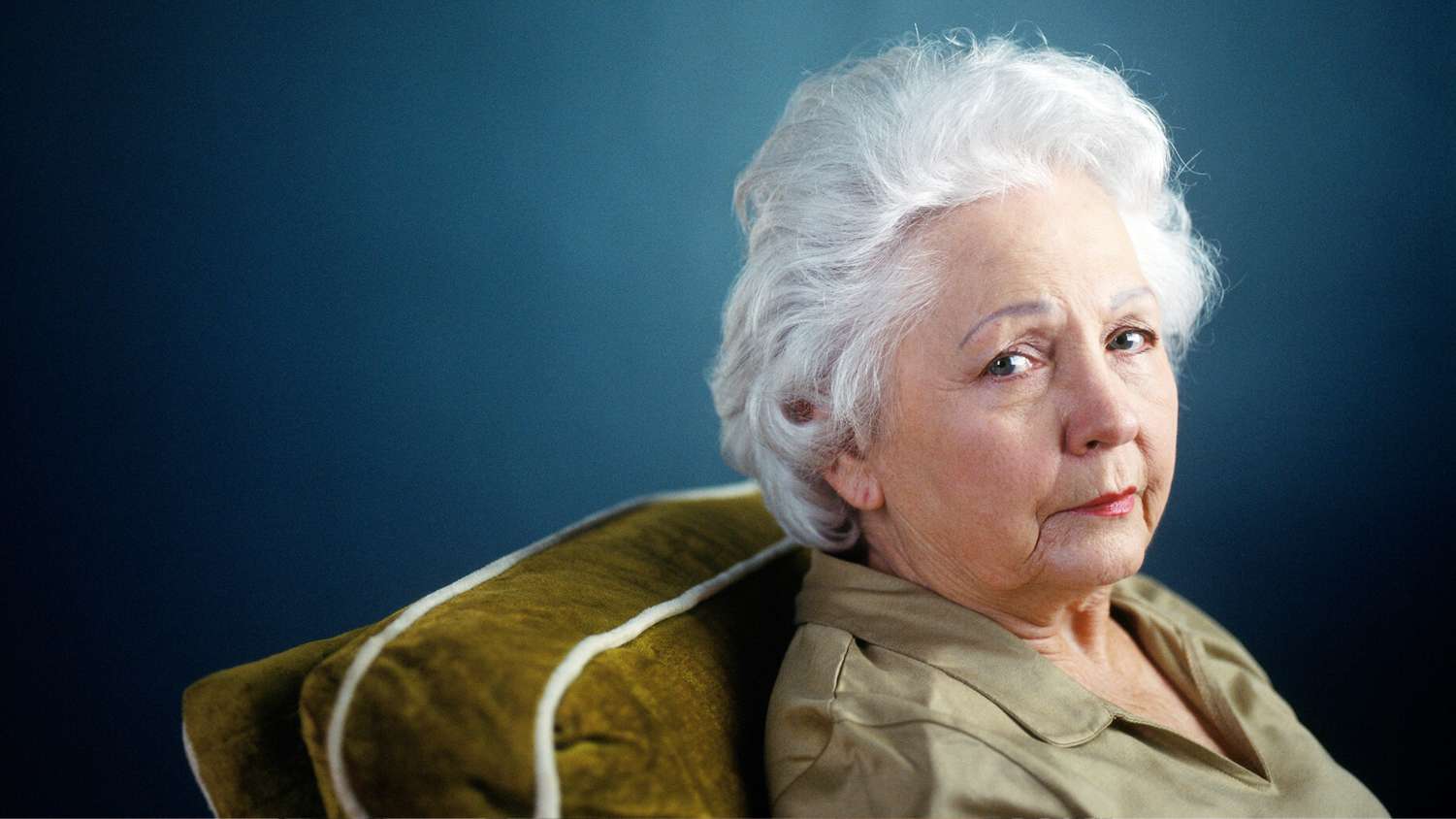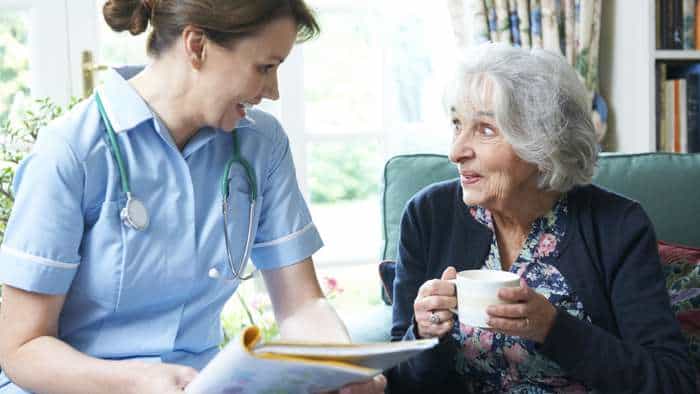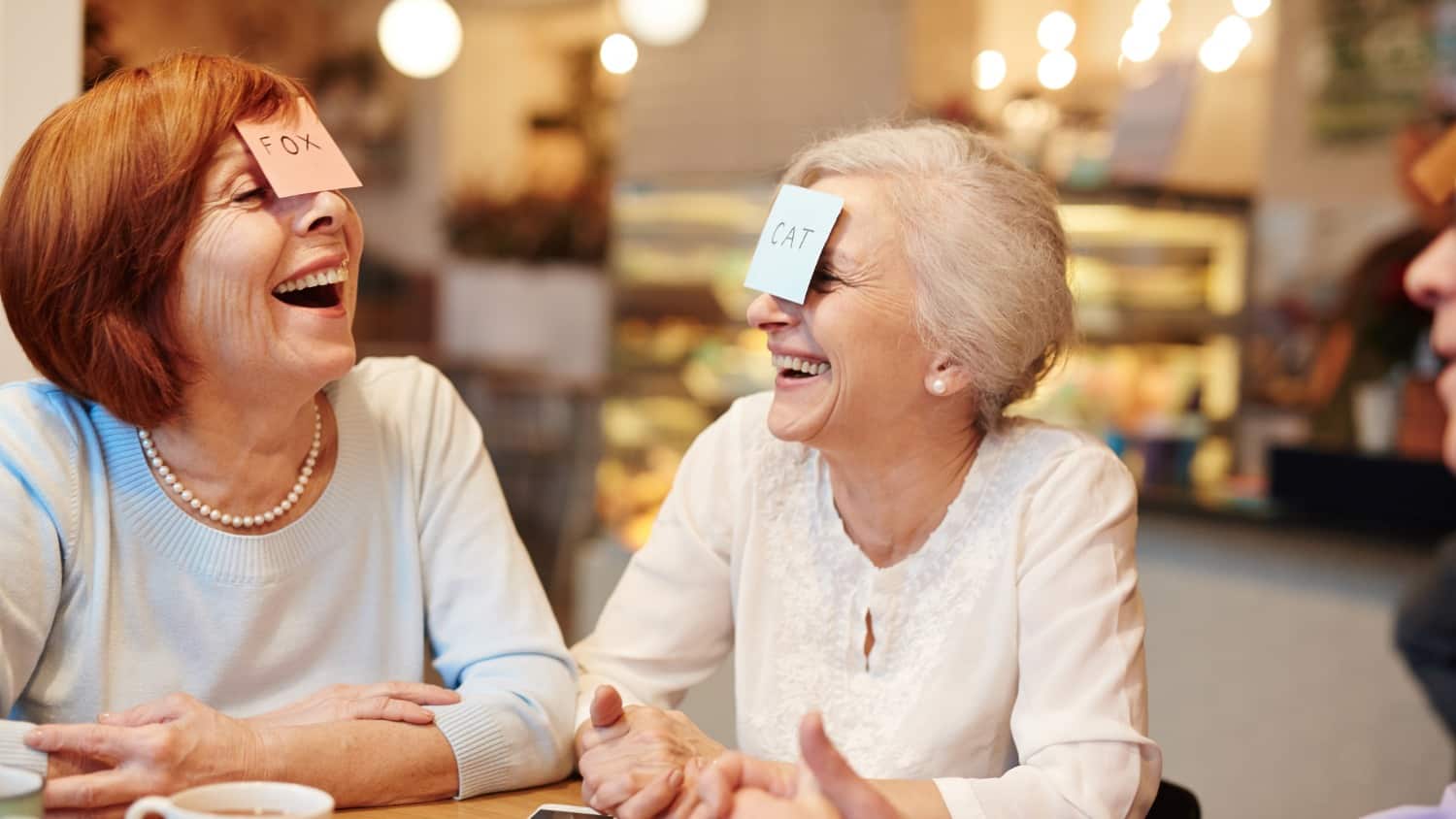
Elder Orphans: Tough Questions Answered
Those of us who are elder orphans worry who will care for us, how to pay for living and medical expenses, how to manage chronic illnesses and how to remain connected and avoid isolation. There are other concerns, but the first question I’ve discussed with Dr. Maria Carney, research physician on elder orphan issues, is:
What Types of Community Resources Should Potential Elder Orphans Tap into While They Are Able?
“The most important ones that allow an individual to age well in a community are transportation (mass transportation, taxi services, Uber), food delivery services and medication delivery services. And the more that offer ‘deliveries’, the better off one will be living within the local community,” states Dr. Carney.
Other resources to scout for, while you’re able to, are accessible medical care and doctor offices. Are they near your location and can you easily access them?
When they are able to drive, individuals never consider how they will get to appointments without a car. It’s a concern for me – that’s why I hope to move in an urban environment that offers mass transit.
Carney proposes that, if a person lives alone, one must live near senior centers, community centers, and libraries. It’s important to have educational resources and adult learning programs to increase knowledge and curiosities. If one stops learning or loses interest in it, often that’s when decline can set in.
Also, get your affairs in order by attending law clinics for living wills, guardianships, and estate planning or visit a local law school.
Several Seniorcare.com Aging Council members offer recommendations to help individuals maintain wellbeing.
Kai Stinchcombe of TrueLink says, “Move closer to your daughters and sons to optimize assistance and visits. As you age, access help from your church, your local connections, your community, your friends, your home, your stuff – and moving around will be increasingly hard. Move now! If you are a 10-minute drive instead of a 45-minute drive or a four-hour drive, you’ll see more of your kids and your grandkids as you age, which is so much more important than everything else combined.”
Judi Bonilla, a Lifestyle Aging Expert says, “The value of social connections is significant. Whether you are an introvert, extrovert or ambivert, research shows that creating social connections pays off to better brain health and quality of life. I encourage individuals to look for ways to expand their social circle –online or offline the goal is to build personal relationships.”
What Local Services Should City, State and Federal Governments Provide to Help Make This a Reality?
Carney points out that there is a significant gap between the needs of care in the community and what is available. Care delivered at home and in the municipal needs to increase. They should offer care in the home via nurse and social workers who report to physicians or co-manages with the patient’s doctors.
Connie Chow of DailyCaring adds, “Losing the ability to drive or independently navigate public transportation is a major contributor to isolation. Adult day programs with included transportation provide activities and socialization. Affordable private transportation allows seniors to go out. Volunteer visitor programs provide friendly, empathetic companions. Social workers could check in to watch for early signs of isolation.”
What Kinds of Assessments Can the Health Care Systems Use to Help Us Better Manage Care as We Get a Little Older?
Alex Chamberlain of Easy Living FL says, “It’s not easy to predict health as one grows older, but one can get a good handle health risks today by organizing records (preferably stored online, with access for your health care surrogate.) Add other information like the family history, medications, diagnoses, allergies, etc. Talk to providers and your family about what you might need in the future.”
Kathryn Watson of Find Houston Senior Care recommends the following: “Evaluate your lifestyle. Are you currently taking three or more medications? Do you have diabetes, high blood pressure or COPD? These are red flags, so put a plan in place for the time you can no longer care for yourself. If that time should come, what would you do? Have several plans for different outcomes and know what each option will cost.”
Ben Mandelbaum of Senior-Planning says, “Gain a thorough understanding of long-term care, its costs, Medicare and Medicaid, and your available resources. Talk to your family about who will take care of you, housing considerations, and Medicaid eligibility planning.”
Dr. Carney adds, “Check into Geriatric assessments and seek out a Geriatric program even for a consultation. Every jurisdiction and county should have a subsidized Geriatric focused multi-disciplinary program as a resource.”
Sixty and Me readers ask…
I Want To Know If Insurance Can Be Purchased to Have “In Home Health Care” For Us Until We Die?
“It is called Long-term Care insurance. But you can also draw on assets and savings or apply for a reverse mortgage to pay for care. Check your State Medicaid eligibility status and if you qualify for it. Other medical insurance may offer hospice care, in-home, and inpatient care if needed. If you only qualify for Medicare insurance, then home care is not provided. Largely personal care/home health care is private paid through savings otherwise Medicaid, Long-term Care insurance. Check access to veteran’s benefits if you meet the requirements,” reports Dr. Carney.
Reena Pande, MD, Chief Medical Officer at AbilTo and Cardiologist at Brigham and Women’s Hospital, says, “Tele-behavioral health coverage should be a top priority. Some studies show that these supports can make a significant impact on the physical health and well-being of seniors, and their family caregivers, who often grapple with their health issues. I hope to see continued payer support for tele-behavioral health coverage in 2016.”
How Best to Connect to Community-Based Services for the Elder Orphans?
One Sixty and Me reader writes: “I’m single with no family in my city. I belong to a group who wants to develop a social platform and a cadre of volunteers that offer help during times of need, along the lines of “the Village” model that supports aging well in community. The combination of trained volunteers and access to social connections has the potential for maintaining a sense of confidence and well-being essential to a healthy lifestyle. Question for Dr. Carney – How can we best connect our grass roots effort to the healthcare system and other community-based services for the elder orphans? I would consider meeting with a local hospital. Many hospitals have and rely on volunteers.”
Dr. Carney responds, “I think meeting with the volunteer office to inform and educate them on the volunteer services in the community would be a good start. I think they would be interested in linking the hospital with the civic services. We do this. Hospitals can inform you of medical resources for individuals. Some hospitals do this better than others, but I think they would be interested.”
Check out the Elder Orphan Facebook group to receive more information on the topic.
Are you living alone? What are you most afraid of when it comes to being an Elder Orphan? What are you most excited about? Please join the conversation.







